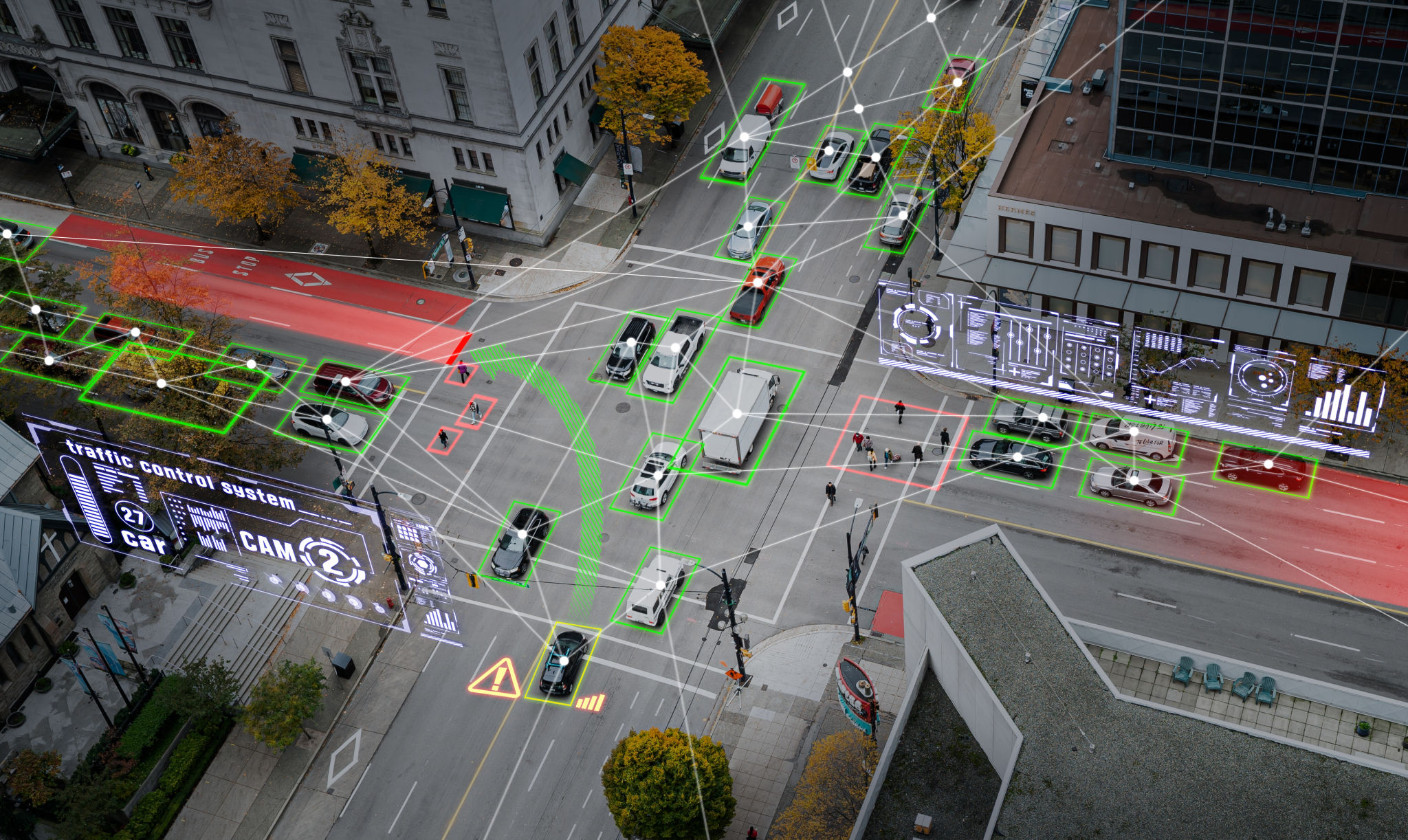The Future of Freight Services in the USA: Trends and Innovations in Logistics
Introduction to the Evolving Landscape of Freight Services
The freight services industry in the USA is undergoing a significant transformation. Fueled by technological advancements and shifting consumer expectations, logistics companies are innovating like never before. As we move into the future, the focus is on enhancing efficiency, reducing costs, and minimizing environmental impact. This evolution is set to redefine how goods are transported across the nation.

Technological Innovations Driving Change
Technology is at the heart of the logistics revolution. From autonomous vehicles to blockchain technology, new innovations are streamlining operations and increasing transparency. Autonomous trucks and drones are becoming more prevalent, promising faster and more efficient deliveries. Meanwhile, blockchain technology is enhancing supply chain transparency, making it easier to track shipments in real-time.
Another significant technological trend is the use of Artificial Intelligence (AI) and Machine Learning (ML) to optimize logistics processes. These technologies enable predictive analytics, helping companies anticipate demand fluctuations and plan resources more effectively. Additionally, AI-driven automation is improving warehouse management, reducing human error, and lowering operational costs.

Sustainability in Freight Services
As environmental concerns continue to grow, sustainability in freight services is gaining prominence. Companies are increasingly adopting eco-friendly practices to reduce their carbon footprint. This includes investing in electric vehicles and exploring alternative fuels such as hydrogen and biofuels. Furthermore, optimizing route planning through AI-powered systems helps reduce fuel consumption and emissions.
The shift towards sustainability is not just about meeting regulatory requirements; it’s also driven by consumer demand. More customers are choosing to support businesses that prioritize environmental responsibility. As a result, logistics companies are focusing on green initiatives to stay competitive.

The Rise of E-commerce and Its Impact
The explosive growth of e-commerce is reshaping the freight services landscape. With more consumers shopping online, there is a greater demand for efficient last-mile delivery solutions. Companies are investing in local distribution centers and leveraging crowdsourced delivery models to meet these needs.
Moreover, the integration of advanced technologies such as IoT devices allows for real-time tracking of shipments, providing consumers with detailed delivery updates. This level of transparency and convenience is becoming a standard expectation in the industry.

Challenges and Opportunities Ahead
While the future of freight services looks promising, there are challenges that companies must navigate. Infrastructure limitations, regulatory hurdles, and cybersecurity threats pose significant obstacles. However, these challenges also present opportunities for innovation and collaboration within the industry.
Public-private partnerships can help address infrastructure issues by investing in modernizing transportation networks. Additionally, developing robust cybersecurity measures is crucial to protect sensitive data and maintain trust with consumers.
In conclusion, the future of freight services in the USA is marked by rapid innovation and adaptation. As technology continues to evolve and consumer demands change, logistics companies must remain agile to thrive in this dynamic environment. By embracing new technologies and sustainable practices, the industry is poised for a promising future.
